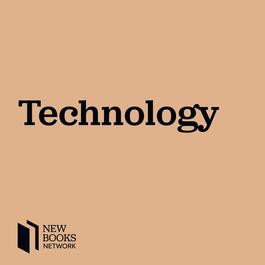
David J. Gunkel, "Robot Rights" (MIT Press, 2018)
We are in the midst of a robot invasion, as devices of different configurations and capabilities slowly but surely come to take up increasingly important positions in everyday social reality―self-driving vehicles, recommendation algorithms, machine learning decision making systems, and social robots of various forms and functions. Although considerable attention has already been devoted to the subject of robots and responsibility, the question concerning the social status of these artifacts has been largely overlooked. In Robot Rights (MIT Press, 2018), David Gunkel offers a provocative attempt to think about what has been previously regarded as unthinkable: whether and to what extent robots and other technological artifacts of our own making can and should have any claim to moral and legal standing. In his analysis, Gunkel invokes the philosophical distinction (developed by David Hume) between “is” and “ought” in order to evaluate and analyze the different arguments regarding the question of robot rights. In the course of his examination, Gunkel finds that none of the existing positions or proposals hold up under scrutiny. In response to this, he then offers an innovative alternative proposal that effectively flips the script on the is/ought problem by introducing another, altogether different way to conceptualize the social situation of robots and the opportunities and challenges they present to existing moral and legal systems. John Danaher is a lecturer the National University of Ireland, Galway. He is also the host of the wonderful podcast Philosophical Disquisitions. You can find it here on Apple Podcasts. Learn more about your ad choices. Visit megaphone.fm/adchoices Support our show by becoming a premium member! https://newbooksnetwork.supportingcast.fm/technology
From "New Books in Technology"




Comments
Add comment Feedback